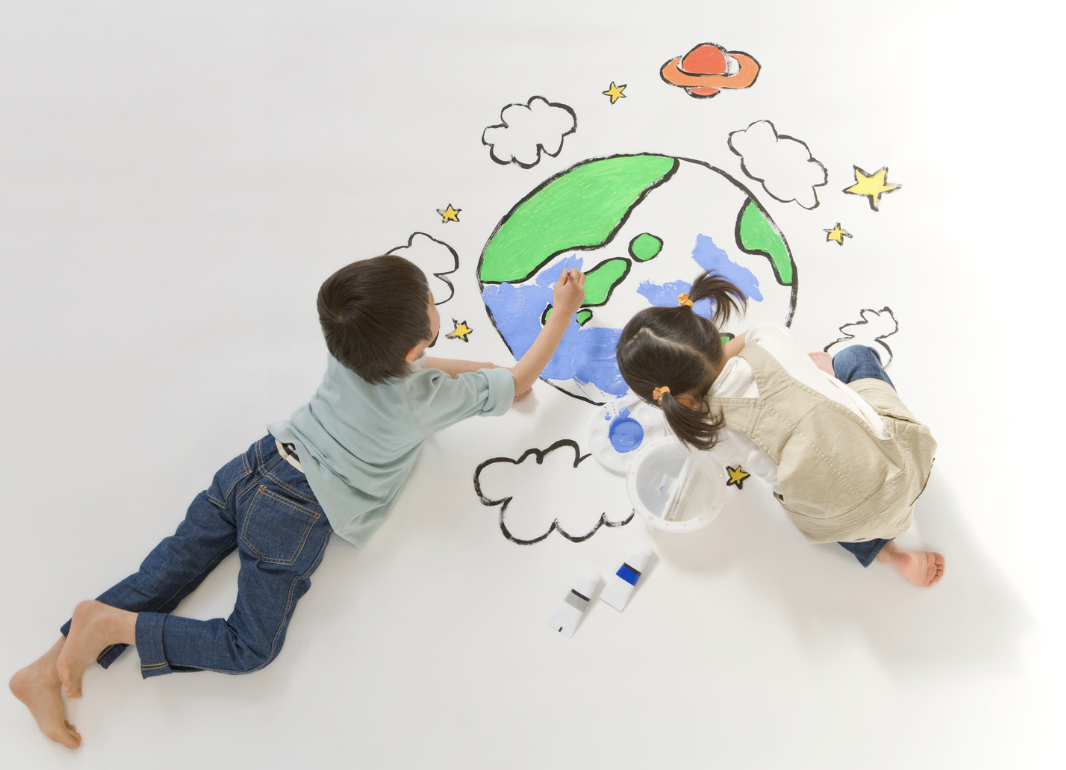Taking care of our planet is the most important legacy we can pass on to the next generation. The environmental crisis affects every man, woman and child, along with native forests, wild animals and natural resources.
How do we ensure that our kids grow up as responsible stewards of the Earth?
Curiosity
Raising awareness is the first step. When kids ask, answer them truthfully, even when it hurts. Sometimes, we don’t always know the answer, so how do we develop their curiosity and eagerness to learn?
- Go on wildlife trails and field trips. When kids are allowed to explore, let them.
- Activate all of their senses through simple experiments.
Creativity
Creating anything with our own two hands feels satisfying. It doesn’t need to be beautiful or artistic; it just needs to be authentic. Various things demonstrate a child’s creativity, and our role is to encourage their curiosity in practical ways.
Empathy
Developing the ability to understand and share the feelings of another is called empathy. Children learn this quickly from other people as they observe their role models. Exploring different cultures, neighborhoods and entire communities can have a lasting impact on their childhood experiences.
Empathy doesn’t mean we have to agree with what others say and do, but it is when we try to understand what it feels like to be in their shoes. When kids lack the information, they may be quick to judge or respond without really listening. Kindness is compatible with practicing empathy, which our planet needs more of nowadays.
Growth Mindset
Every child has a different personality, but a growth mindset is something that can be trained. It means stretching the brain metaphorically and going beyond the comfort zone. Essentially, it’s about accepting that it’s alright to fail.
When there’s a crisis, there is opportunity. Kids have a more than optimistic view of the universe, and it’s our job to encourage this view. Seeing mistakes or negative impacts done to the environment is a chance to learn and become better. While we hope we can still reverse some of the damage, adopting a growth mindset means not giving up on pursuing the solutions to our environmental problems.
Joy
Finally, fighting for planet earth can be scary and sad sometimes, but there is always room for joy. Anybody has the right to feel sentimental, but there is a time to celebrate successful solutions, no matter how small. Some examples are:
- Start a conversation about earth-friendly habits with a friend
- Go for a nature walk and write about its health benefits
- Give seeds as gifts or do some gardening with family members
When kids are exposed to multiple forms of joy, especially those tied to mother nature, it’s easier to deliver satisfaction over something they have done to save the planet. Furthermore, happiness can be shared with others and can turn into inspiration in ways that fear and anger do not.

